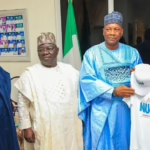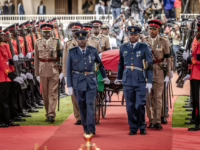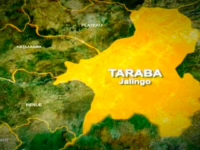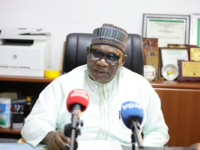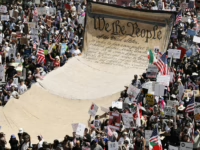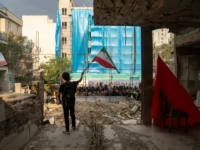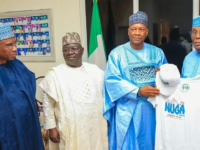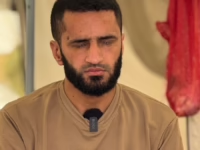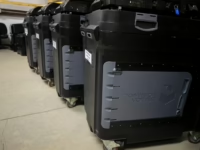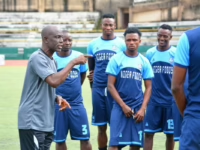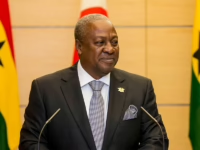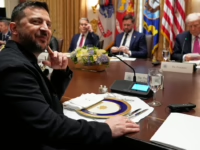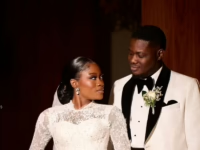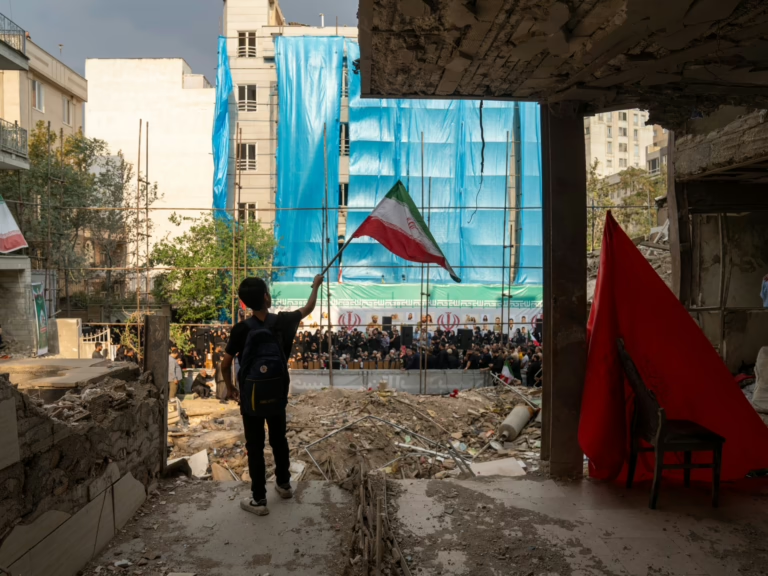As the decade-long nuclear agreement with Western nations officially concludes, Iran reaffirms its dedication to diplomatic engagement.
With the expiration of the pivotal 10-year nuclear accord, Iran has declared that it is no longer obligated to adhere to the limitations previously imposed on its nuclear activities, while simultaneously emphasizing its ongoing commitment to diplomatic solutions.
On the day the agreement lapsed, Iran’s Ministry of Foreign Affairs issued a statement confirming that “all clauses of the 2015 agreement, including constraints on Iran’s nuclear program and associated enforcement mechanisms, are now considered null and void.”
Despite this, Tehran reiterated its firm stance on pursuing dialogue and peaceful negotiations.
The expiration date coincides precisely with the 10th anniversary of United Nations Security Council Resolution 2231, which originally endorsed the Joint Comprehensive Plan of Action (JCPOA).
The JCPOA, signed by Iran alongside China, France, Germany, Russia, the United Kingdom, and the United States, facilitated the easing of international sanctions in return for Iran curbing its nuclear development.
However, in 2018, the United States, under President Donald Trump, withdrew unilaterally from the agreement and reinstated sanctions, prompting Iran to accelerate its nuclear activities.
Efforts to restore the deal have stalled, and in August, the UK, Germany, and France activated the “snapback” mechanism, resulting in the reinstatement of UN sanctions against Iran.
Kelsey Davenport, an expert from the Arms Control Association, described the official end of the deal as largely symbolic due to the prior snapback enforcement.
Ali Vaez, director of the Iran project at the International Crisis Group, remarked that while the agreement had been effectively dormant for years, the snapback process has formally ended it, casting a long shadow over future diplomatic prospects.
Western nations and Israel have consistently accused Iran of pursuing nuclear weapons capabilities, allegations that Tehran denies.
Neither US intelligence agencies nor the International Atomic Energy Agency (IAEA) have found evidence this year indicating Iran is developing atomic arms.
Currently, negotiations between Iran and global powers remain at an impasse.
Vaez noted that Iran’s distrust of engaging with the US stems from its experience during the Trump administration, while Washington continues to demand stringent terms.
On Monday, former President Trump expressed a desire for a peace agreement with Iran but emphasized that the initiative lies with Tehran.
Iran has consistently stated its willingness to engage in talks, provided the US guarantees no military action will occur during negotiations.
In June, the US and Israel conducted strikes against Iranian targets during a 12-day conflict, damaging nuclear facilities and resulting in over a thousand Iranian casualties, including many civilians, as well as extensive material losses.
In response to the IAEA’s failure to condemn these attacks and accusations of bias, Iranian President Masoud Pezeshkian enacted legislation in early July halting all cooperation with the UN nuclear watchdog, leading to the withdrawal of inspectors from Iran.
The IAEA has expressed grave concern over its inability to monitor Iran’s nuclear inventory since the onset of hostilities.
Last week, the three European signatories announced plans to revive negotiations aimed at establishing a “comprehensive, lasting, and verifiable” agreement.
Nonetheless, Iranian senior diplomat Abbas Araghchi stated in a recent interview that Tehran sees no justification for talks with the Europeans, given their role in initiating the snapback process.



